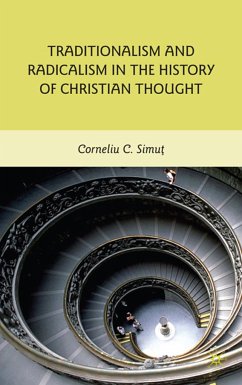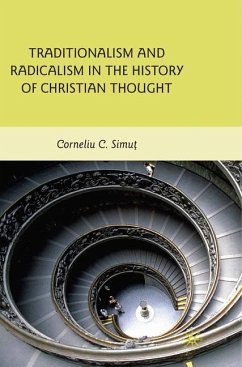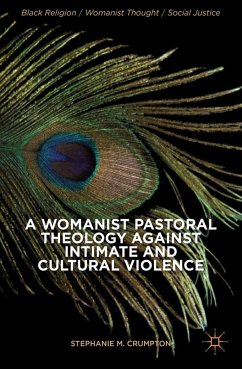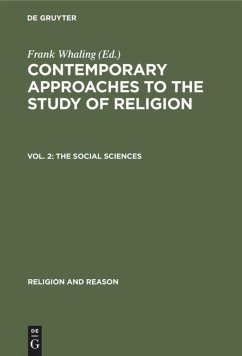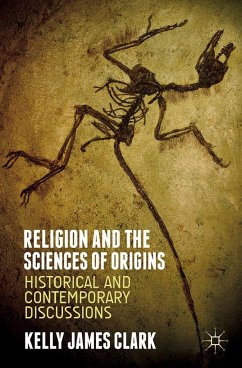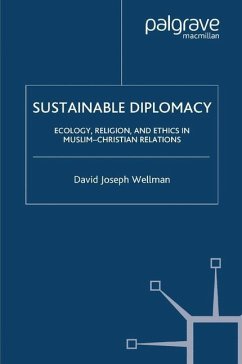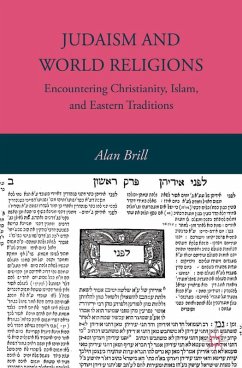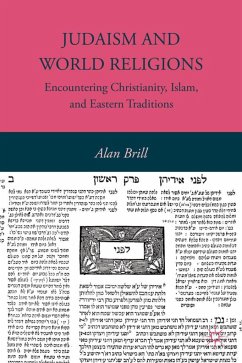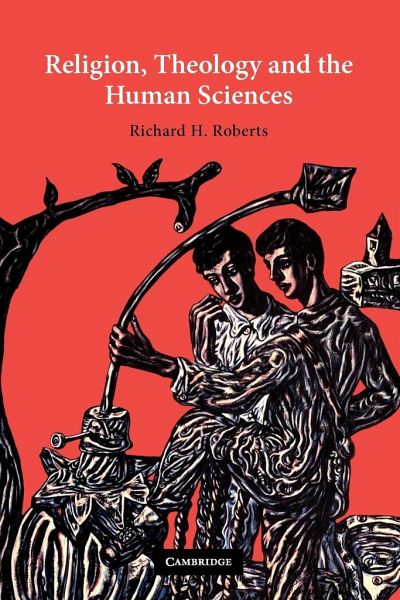
Religion, Theology and the Human Sciences
Versandkostenfrei!
Versandfertig in 1-2 Wochen
58,99 €
inkl. MwSt.
Weitere Ausgaben:

PAYBACK Punkte
29 °P sammeln!
Religion, Theology and the Human Sciences explores the religious consequences of the so-called 'end of history' and 'triumph of capitalism' as they have impinged upon key institutions of social reproduction in recent times. The book explores the imposition of managerial modernity upon successive sectors of society and shows why many people today feel themselves to be oppressed by systems of management that seem to leave them no option but to conform. This culture has spread through education, health and social services and has been welcomed by the churches. Richard Roberts seeks to challenge a...
Religion, Theology and the Human Sciences explores the religious consequences of the so-called 'end of history' and 'triumph of capitalism' as they have impinged upon key institutions of social reproduction in recent times. The book explores the imposition of managerial modernity upon successive sectors of society and shows why many people today feel themselves to be oppressed by systems of management that seem to leave them no option but to conform. This culture has spread through education, health and social services and has been welcomed by the churches. Richard Roberts seeks to challenge and outflank such seamless, oppressive modernity, through reconfiguration of the religious and spiritual field. This volume will be of use to a range of students in humanities and social sciences (particularly theology and the sociology of religion) and should become standard reading for those concerned with the practical application of contemporary theology in a postmodern world.





